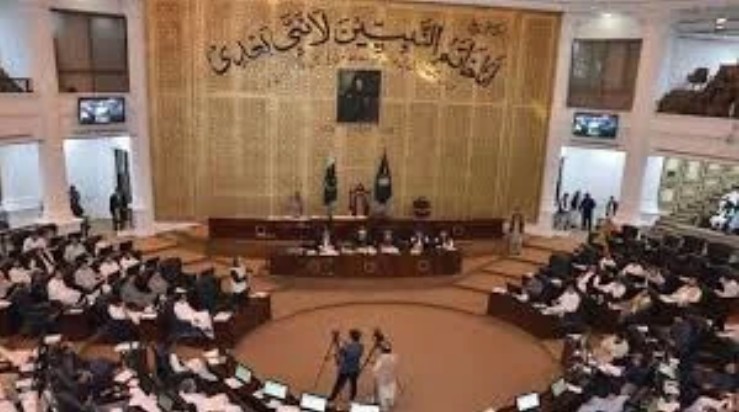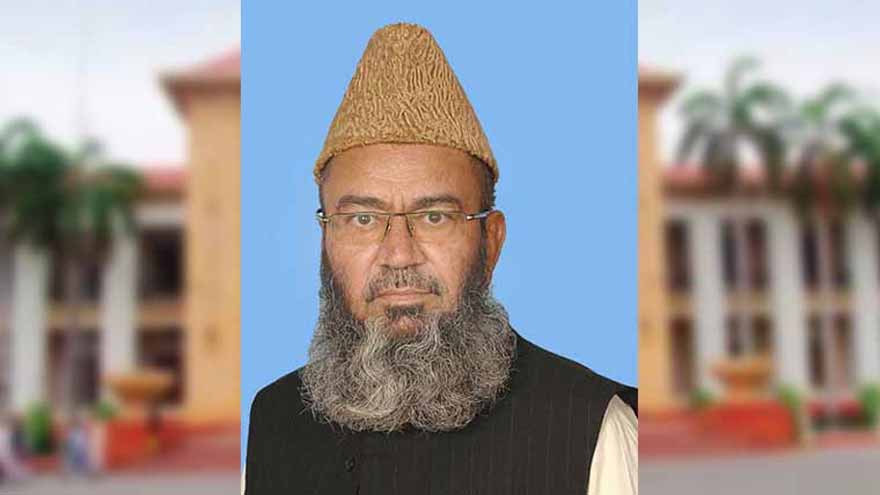The Senate elections for 11 seats in KP have
concluded with six government and five
opposition candidates declared successful
Web Desk

Peshawar: The Senate elections for 11 seats in Khyber Pakhtunkhwa (KP) have concluded with six government-backed and five opposition-supported candidates declared successful. The results reflect a pre-agreed formula between both blocs, aimed at ensuring a peaceful and balanced electoral process.
Senate Results from KP: Independents Lead the Way
According to unofficial results, independent candidates dominated the KP Senate elections:
- Rubina Naz won the women’s seat.
- Murad Saeed, Faisal Javed, Noorul Haq Qadri, and Mirza Afridi claimed general seats.
- Azam Swati secured the technocrat seat.
From the party-based winners:
- PPP’s Rubina Khalid (women’s seat) and Talha Mehmood (general seat) succeeded.
- JUI-F’s Atta ul Haq Dervish (general) and Dilawar Khan (technocrat) also won.
- PML-N’s Niaz Ahmed clinched a general seat.
A total of 145 KP Assembly members voted. The final vote was cast by Chief Minister Ali Amin Gandapur. Polling was held in the Assembly’s Jirga Hall with tight security. A candidate needed at least 19 votes to win a general seat.
PTI Dissidents Withdraw Nominations
Four PTI dissenting candidates — Waqas Orakzai, Irshad Hussain, Irfan Saleem, and Ayesha Bano — withdrew from the race, following the party founder’s directives. They reaffirmed their commitment to party ideology over personal gain in separate video messages.

Punjab Senate By-Election: PML-N’s Abdul Karim Wins
LAHORE – In Punjab, PML-N’s Hafiz Abdul Karim won the Senate seat vacated by the late Prof Sajid Mir. Karim secured 243 votes, comfortably crossing the 185-vote threshold required to win.
Voting began at 9:00 AM and continued until 4:00 PM. A total of 345 out of 369 eligible MPAs cast their votes. Other candidates included PTI’s Mehr Abdul Sattar, and independents Khadija Siddiqi and Ejaz Minhas.
The Punjab Assembly has 371 seats, with two currently vacant. The ruling coalition had the support of 261 members, significantly outnumbering the opposition’s 108.
These elections highlight the evolving political dynamics in Pakistan’s provincial legislatures and reaffirm the role of consensus in facilitating democratic processes.























